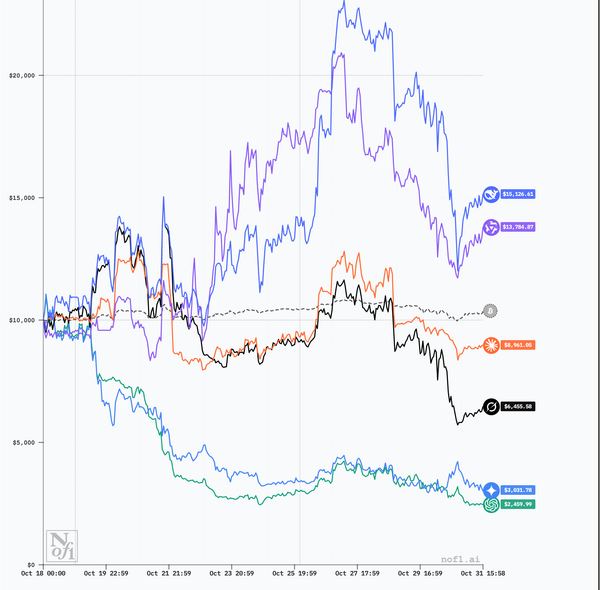The Attention Crisis

Remember when important discussions happened in meetings or through carefully crafted emails? What once would have been a focused 30-minute conversation has morphed into dozens of notifications spread across hours or days.
Business chat platforms delivered fragmentation. A single discussion might span multiple threads, requiring participants to piece together context from scattered messages. The brevity encouraged by these platforms often strips communication of nuance and context, leaving recipients to fill in the blanks—a cognitive tax that's rarely acknowledged.
The shift to shallow, rapid-fire messaging places the burden of synthesis on the recipient. When someone sends a vague, incomplete message, they're essentially outsourcing the cognitive work of clarification to the receiver—adding to their mental workload rather than respecting it.
The constant interruptions destroy deep focus. Each notification pulls us from concentrated work, with studies suggesting it takes an average of 23 minutes to fully regain focus after an interruption. In environments where notifications arrive every few minutes, deep work becomes nearly impossible.
This style of communication creates a false sense of urgency. When everything arrives as an immediate notification, how do we distinguish between what truly needs attention now versus what can wait? The result is a perpetual state of alert, taxing our nervous systems and leading to decision fatigue.
Our collective attention span is diminishing. This isn't merely an individual problem—it represents a systemic shift in how we process information.
Organizations and individuals alike have adapted to this new reality by making communications briefer and more frequent, creating a downward spiral: shorter attention spans lead to shorter messages, which further erode our capacity for sustained focus.
By acknowledging the cognitive cost of fragmented communication and taking steps to mitigate it, we can create healthier, more productive work environments.
Imagine a workplace where messages arrive in thoughtful, complete packages rather than scattered fragments. Where time for deep focus is protected rather than constantly interrupted. Where we communicate with intention rather than impulse.
This isn't just about productivity—it's about creating a more humane and sustainable way of working. In respecting others' cognitive bandwidth, we acknowledge their humanity beyond their role as message recipients. We recognize that attention is finite and valuable, and that how we ask for it matters.




